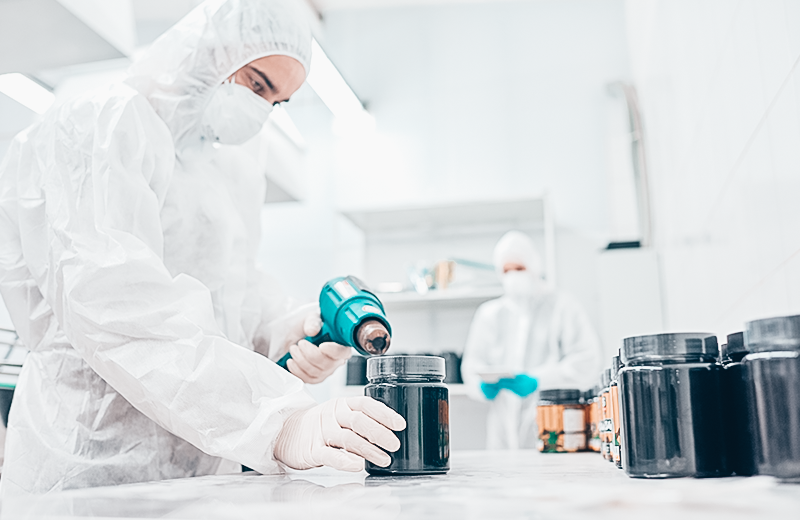Why Pharmaceutical Organizations Should Automate Stability Study Management
 Massimo Crudeli
Massimo Crudeli
Table of contents
Stability studies apply in life sciences, chemical, and food and beverage industries to determine the effects of environmental conditions on product quality.
These studies are essential for pharmaceutical products as they ensure product quality, safety, and efficacy throughout shelf life. It is crucial for the pharmaceutical industry to evaluate the durability of products before and after their development for both economic reasons and to guarantee customers’ and patients’ health.
They are a prerequisite for the acceptance and approval of any pharmaceutical products and require strict planning to comply with the guidelines issued by The International Council for Harmonization of Technical Requirements for Pharmaceuticals for Human Use (ICH), the World Health Organization (WHO), or other agencies. Read on to learn why stability studies are critical for pharma organizations and how STAEDEAN supports their management.
The Importance of Stability Studies
Product instability may lead to under-medication because the active drug requires a specific dosage of active principle for efficacy. Additionally, the decomposition of a drug may lead to a toxic product.
According to WHO, “The purpose of stability testing for Active Pharmaceutical Ingredient (API) or Finished Pharmaceutical Product (FPP) is to provide evidence of how the quality varies with time under the influence of a variety of environmental factors such as temperature, humidity, and light.” Consequently, stability studies are performed concerning the environmental conditions and different time intervals.
These studies consist of a complex set of chemical, biological, and physical tests planned with a long-term vision to comply with the quality guidance for pharmaceuticals.
The Challenge of Stability Studies
The regulations for stability studies are defined in Good Manufacturing Practice (GMP) regulations and the guidelines issued by ICH. As stability studies are a legal requirement for quality assurance, the testing protocol should provide a statistically relevant number of test outcomes.
Stability testing requires extensive planning for the batches of material to be stored, comprehensive storage documentation, continuous monitoring of schedule compliance, and data collection and measurement.
The management of stability studies is a complex process, and a manual, paper-based system leads to several errors. Implementing a software-based system automates the whole process by saving time and money.
The Solution: STAEDEAN Life Sciences software
STAEDEAN provides a software-based system that helps automate stability studies scheduling to define different environment factors (i.e. storage conditions) and to easily document measurement data (i.e. quality inquiries).
The STAEDEAN Life Sciences solution allows for the definition of storage conditions and their variables such as temperature and humidity range, light conditions, and more. Storage conditions can be associated with warehouses or locations, and it is possible to enable controls that prevent users from placing a batch into an improper location.
To support the planning of stability studies, our solution allows for the definition of a schedule that specifies the list of tests to be executed, when to execute them, and which environmental conditions are needed. Given the combination of batches to be tested, time, and storage conditions, the system generates the stability protocol.
For each time point of the stability protocol, the system generates an order for recording and tracking details about the study and test results for the inspected lot. After the reporting of test results, the system processes them and verifies if they meet the acceptance criteria.

